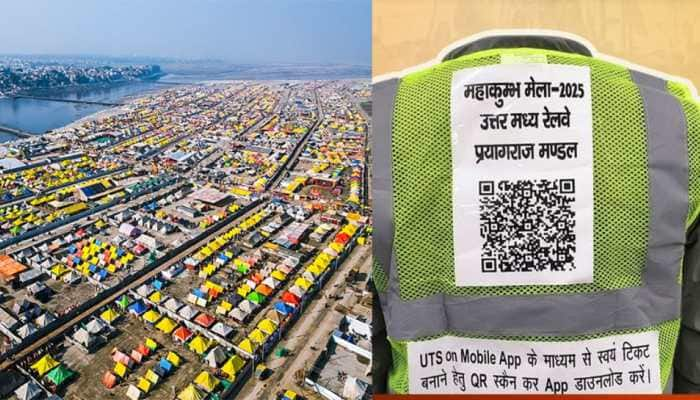China Faces New Hurdle As Plummeting Birth Rate, Low Job Prospects Spark Kindergarten Crisis
Amid a critically falling birth rate, depreciating job prospects for youth and a crackdown on profit-driven education in China has added to the crisis.
Trending Photos
)
BEIJING: The number of kindergarten schools in China is witnessing a steep decline, wherein several schools are on the verge of closure and numerous have already gone out of business, Nikkei Asia reported. This current situation poses a serious threat to students alongside the new upcoming academic session in China.
According to the data released by the Ministry of Education, the number of kindergartens in China sunk from 294,832 to 274,480 between 2021 to 2023 resulting in 20,000 school closures. The Nikkei Asia report quoted the example of Angels Kindergarten a private international kindergarten in a western suburb of Qingpu, Shanghai.
The school once had 16 classrooms and two large playgrounds its own medical staff and foreign teachers for its bilingual curriculum. But now the school is out of business after 18 years of business. Currently, schools are struggling to fill admissions ahead of the new session. The current number of children studying in pre-schools has fallen by 5 million in 2023 to 40.92 million, being the lowest figure since year 2014. Whereas, jobs of over 170,000 full-time pre-school teachers have also disappeared within the last year, according to Ministry of Education data, quoted in the Nikkei Asia report.
Amid a critically falling birth rate, depreciating job prospects for youth and a crackdown on profit-driven education in China has added to the crisis. Li, a mother of a 2-year-old daughter in the eastern Chinese province of Jiangsu said that she cannot afford the education of another child due to economic constraints. Further, she added, "While the quality of education "is important for us, we already spend more than 10,000 yuan (USD 1,380) on [our daughter] every month. I can't afford to have a second or third child right now."
There were only 2.2 million children enrolled in toddler classes in 2022, according to government data, just 5 per cent of all children enrolled in kindergartens. Working parents in China these days rely mostly on their parents to look after newborn children. However, this ongoing practice may be at risk as the country plans to raise the retirement age, which is currently 50 for female blue-collar workers, 55 for female white-collar workers and 60 for men, Nikkei Asia claimed.
According to another report published by Yuwa Population Research Institute, a Beijing-based think tank in February, the average cost of raising a child from birth to the age of 18 years was 6.3 times the per capita GDP of the country. Out of the 13 countries highlighted in the report, only South Korea had a higher figure than China standing at 7.79. The numbers were 2.08 times in Australia, 4.11 in the U.S. and 4.26 in Japan.
In 2018, the State Council banned private kindergartens from listing their shares on the Chinese stock market and also restricted listed companies from investing in them. This move is another factor affecting the kindergarten education sector in the country.
Stay informed on all the latest news, real-time breaking news updates, and follow all the important headlines in india news and world News on Zee News.
Live Tv







)
)
)
)
)
)
)
)
)
)
